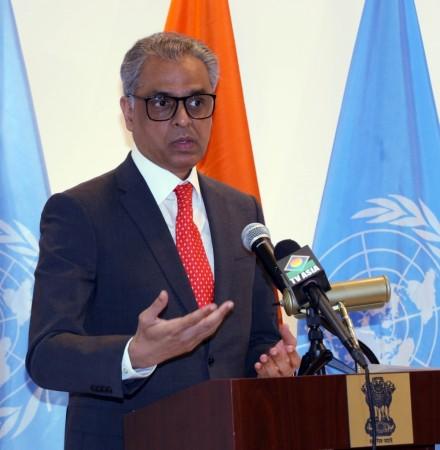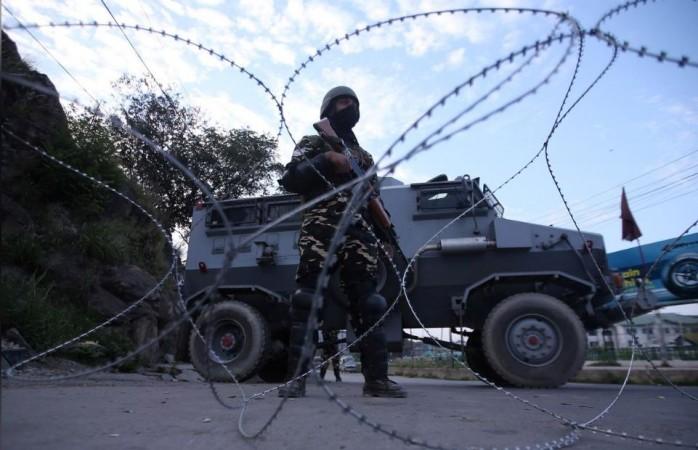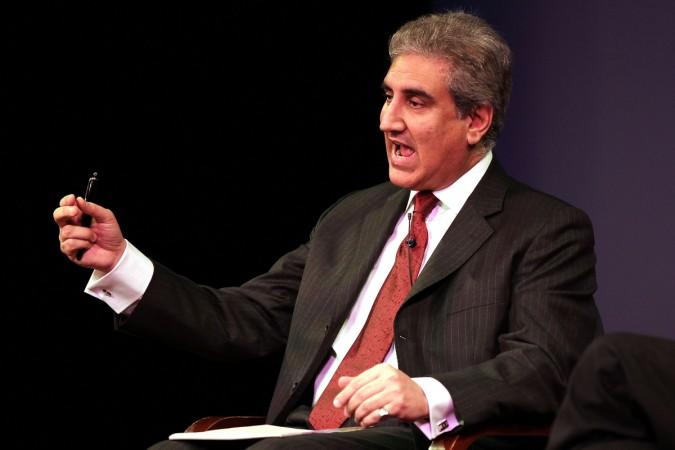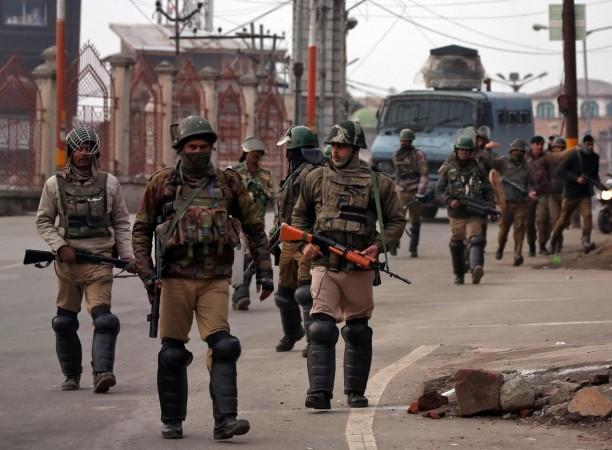Pakistan's efforts to raise the Kashmir issue at the United Nations Security Council consultation meeting failed as China drew a blank, with members declaring it a bilateral issue and refusing to step in.
Beijing's Permanent Representative Zhang Jun said after the meeting that it was to encourage India and Pakistan to seek a dialogue with each other.
India's Permanent Representative Syed Akbaruddin said: "Pakistan's practice of using false pretences to distract from addressing the malaise that afflicts it has run its course today."

The consultation ended without a statement or an acknowledgement of the issues.
Vietnam's Permanent Representative Dang Din Quy, who is the Council president for this month, did not speak to the media or make a statement as is done usually after such consultations.
The consultation was held in a consultation room away from the Council chamber and no records of it are made.
Kashmir a bilateral issue
In a virtual admission that it was a bilateral issue, Zhang, who asked for the consultation, told reporters the meeting encouraged India and Pakistan "to have dialogue and to seek means to seek solutions through dialogues."
A European non-permanent member said that the members felt there should be a de-escalation of the situation there and it should be handled bilaterally.

Akbaruddin said: "We are happy that neither the alarmist scenario painted by the representatives of Pakistan nor any of the baseless allegations made repeatedly by representatives of Pakistan in UN fora were found to be credible today."
"We are glad that the effort was viewed as a distraction and it was pointed by many friends that bilateral mechanisms are available to raise and address issues that Pakistan may have in its ties with India," he added.
Asked what the meeting had achieved, Zhang said, "I am sure the meeting helped both parties to understand the risk of further escalation and will encourage them to approach to each other and to have dialogue."
Why did China raise the issue?
He refused to answer a reporter's question of why China had raised the issue at this time.
Earlier, Zhang told the media: "We have also seen some tensions, so the Council had a briefing, heard a briefing, from the UN Secretariat concerning the current situation on the ground."
He also referred to a letter written by Pakistan's Foreign Minister Shah Mehmood Qureshi to the Council last month, which he said asked "the Council to pay attention to the current situation in Jammu Kashmir."

In the letter, Qureshi alleged that India had removed parts of the fence on the Line of Control in five sectors and deployed Brahmos, and anti-tank and other missiles being deployed along the line.
A source with knowledge of the closed-door meeting said that France had been supportive of India during the session and encouraged the Council to treat it as a bilateral issue.
Outcome of the meeting
What emerged from this meeting is similar to the outcome of the consultation held in August, which also did not produce a statement.
Only China's envoy spoke to the media about it about after that meeting.
China had tried to bring up the Kashmir issue at the Council last month but backed out at the last moment.

A diplomatic source said that China had hoped that with the Security Council's composition changing in January when five non-permanent members retired and were replaced by a fresh set, it would get some traction.
But it did not work out.
Qureshi is expected to meet Secretary-General Antonio Guterres and General Assembly President Tijjani Muhammad-Bande later on Wednesday.
Malaysia's support
Earlier in September, Malaysia had joined Turkey and China in raising the Kashmir issue at the United Nations General Assembly (UNGA), with its Prime Minister Mahathir Mohamad accusing India of "invading and occupying the country" of Jammu and Kashmir.
In his address to the 74th UNGA, Mohamad said: "Now, despite the UN resolution on Jammu and Kashmir, the country has been invaded and occupied."
"There may be reasons for this action but it is still wrong. The problem must be solved by peaceful means. India should work with Pakistan to resolve this problem. Ignoring the UN would lead to other forms of disregard for the UN and the Rule of Law," said Mahathir.
(With inputs from IANS.)

















